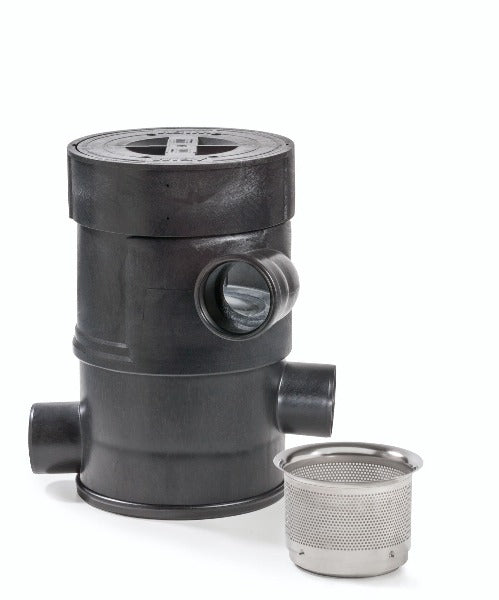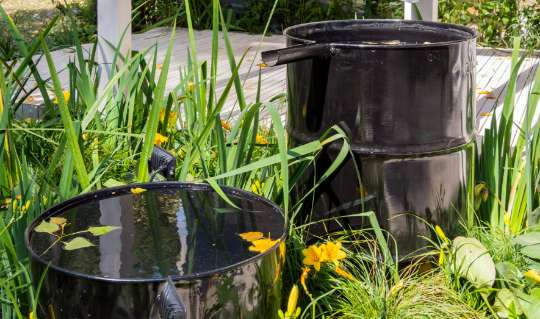Rainwater Pre Filtration Purification 101
Rainwater collection pre-filter systems are perhaps the most important parts in designing a rainwater harvesting system as it aims to remove large debris from the supply...
Read MoreIn the world of rainwater collection and filtration systems, there are three types that provide varying levels of purification. Whole-home rainwater filtration is no problem for filters that utilize all three types to provide suitable flow rates to 22 GPM. However, if you don't need a rainwater purifier system of that magnitude, there are excellent options to fit your specific needs in these three categories:
A well-designed rainwater purification system not only improves water quality but also promotes sustainability by reducing reliance on municipal water sources and integrating eco-friendly practices into everyday life.

A rainwater filtration system can be a significant investment. Here are answers to a few commonly asked questions to help you learn more about performance, system adaptations, and upkeep before you buy.
We use a multi-stage process to ensure that collected rainwater meets or exceeds drinking-safety standards. Pre-filtration systems remove large debris and oxygenate the stored water. For potable and non-potable water applications, we incorporate advanced purification technologies such as UV disinfection, which neutralizes harmful pathogens without adding chemicals or affecting the water's taste. Be sure to check with your local health department and jurisdiction when reusing rainwater for potable purposes.
We provide a wide range of components, including different types of storage tanks, pre-filtration options, and advanced purification methods tailored to your intended water use. Whether you need a small-scale system for residential irrigation or a large-scale solution for commercial potable water, our team designs systems to meet your specific requirements. For large commercial and industrial systems, visit RMS’ Commercial Rainwater Harvesting page for more information or contact us for assistance designing your system.
Our low-maintenance systems include self-cleaning WISY pre-filters that require inspection every 4-6 months or as needed. UV rainwater purification systems may require annual bulb replacement and cleaning of the quartz sleeve. Sediment cartridges require quarterly replacement or as needed and in addition, regular pump and filter inspections keep the entire system operating efficiently. We also offer guidance on maintenance schedules and best practices to keep your system in its best condition.

Rainwater collection pre-filter systems are perhaps the most important parts in designing a rainwater harvesting system as it aims to remove large debris from the supply...
Read More
Today's rainwater harvesting is an ancient practice, modernized with the latest technology. Collecting and storing rainwater can conserve potable water, reduce urban runoff...
Read More
With growing populations and changing climates, the pressure on our water resources is intensifying, highlighting the need for smarter ways to manage water...
Read More